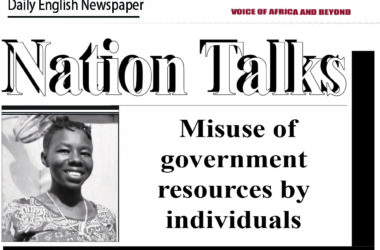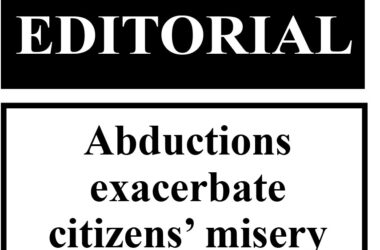An individual or institution claiming ownership of a piece of land should possess a legal document to attest, then, when for investment, it becomes a necessity and therefore a priority.
Land issues are prickle in South Sudan as well as all over the globe, evidenced in the Russia –Ukraine war, the Gaza conflict between Israel and Palestine at a wider arena and numerous cases within.
A glimpse at the Transitional Constitution of the Republic of South Sudan 2011, the people of South Sudan own all the country’s land and its usage is regulated by the government in accordance with the Constitution and Law. The applicable law, in this case, is the Land Act of 2009.
The Constitution prescribes a three-category land tenure system divided into public land, community land, and private land.
Public land means all land owned, held or otherwise acquired by any level of government. This classification includes land owned by Bomas, Counties, States and federal government or administration and all land that is not otherwise designated as community or private.
Community land includes all lands traditionally and historically held or used by local communities or their members. This category could include communal grazing lands for animals, hunting grounds, or locations of traditional sacrifices and worship.
Private land includes registered land held by any person under leasehold tenure, investment land acquired under lease from the government, and any other land designated as private land in accordance with the law.
The assumption implicit in this framework is that all investment land (Land for businesses) is acquired from the government through the leasehold tenure.
Investors, therefore, need to undergo legal processes to acquire legitimate documents, for this saves the title owner in case of an individual or institution being a second claimant to the same piece of land.
It also enables the government at national and state as well as Counties, Payams and Bomas in planning. To ascertain availability, the demand visa-vie its uses and avoid multiple allocations, land ownership should be documented, and titles issued.
Factoring in the Jonglei state’s two-week ultimatum, this could however call for leniency and extension of the period to one or two years, taking into account, the upheaval that befell the country.
Some investors encountered unprecedented losses in business at the time hence rendering them bankrupt and others dead due to heart attack, hypertension or suicide.
Many investors fled for their lives and have never recovered mentally likewise financially.
There could be individuals who act as brokers but under the disguise of being investors, such surely will come to light, now or later, only time is the best factor.
Most investors seem to be on the fence awaiting South Sudan to pass the transition period, ending with democratic elections, linking it to ushering in of peace in the country.
It’s upon this backdrop that many potential investors; likely put their hands in the pockets but given time, all the undeveloped land will glitter.




